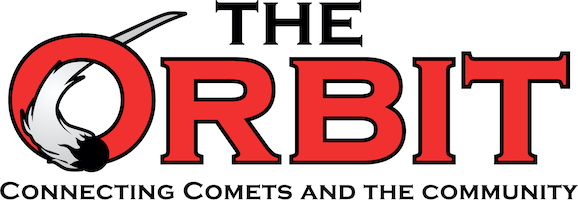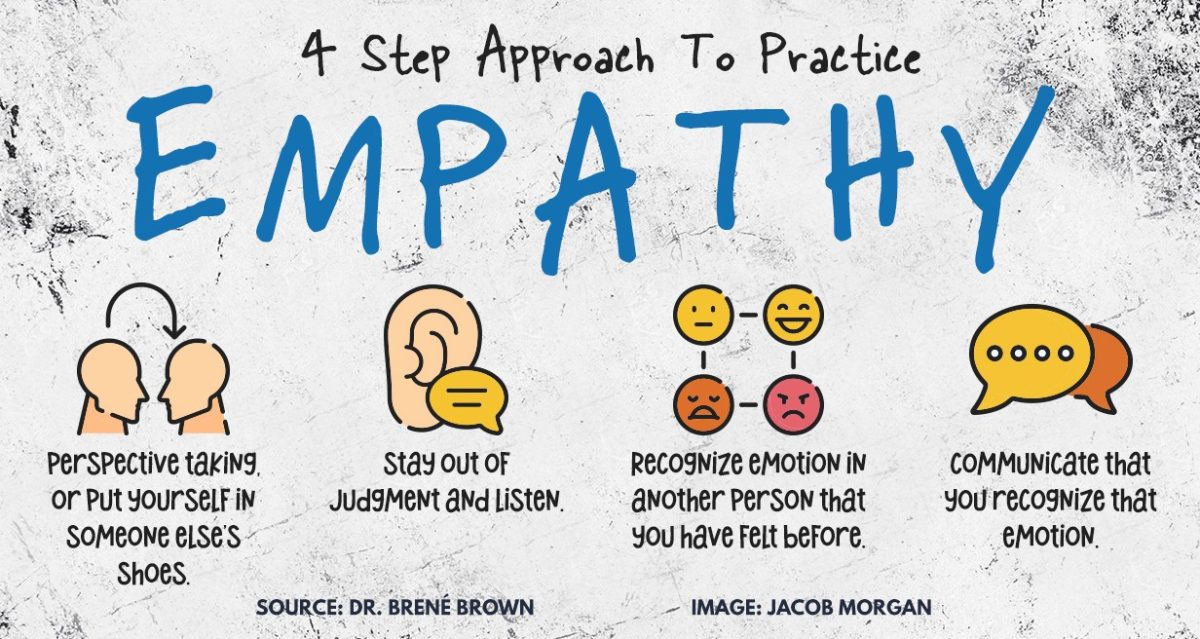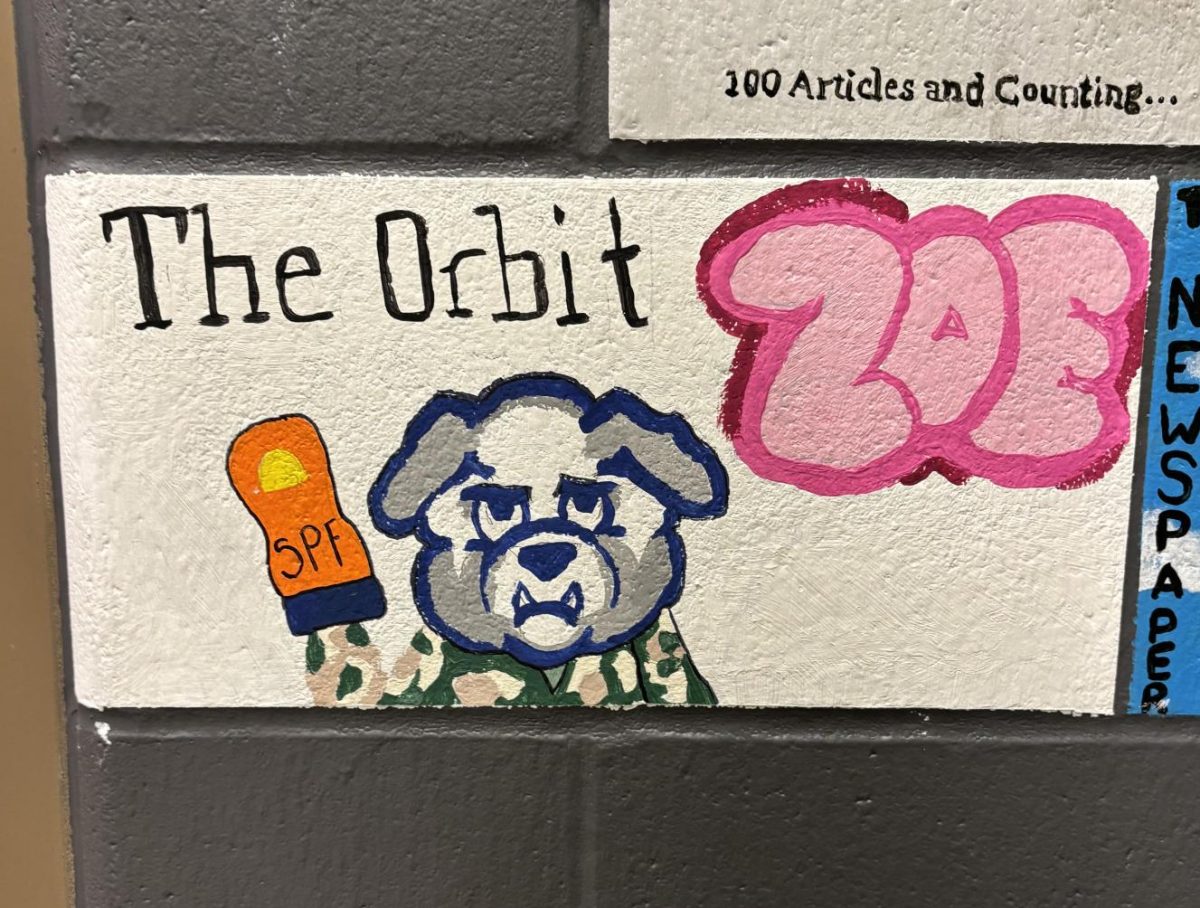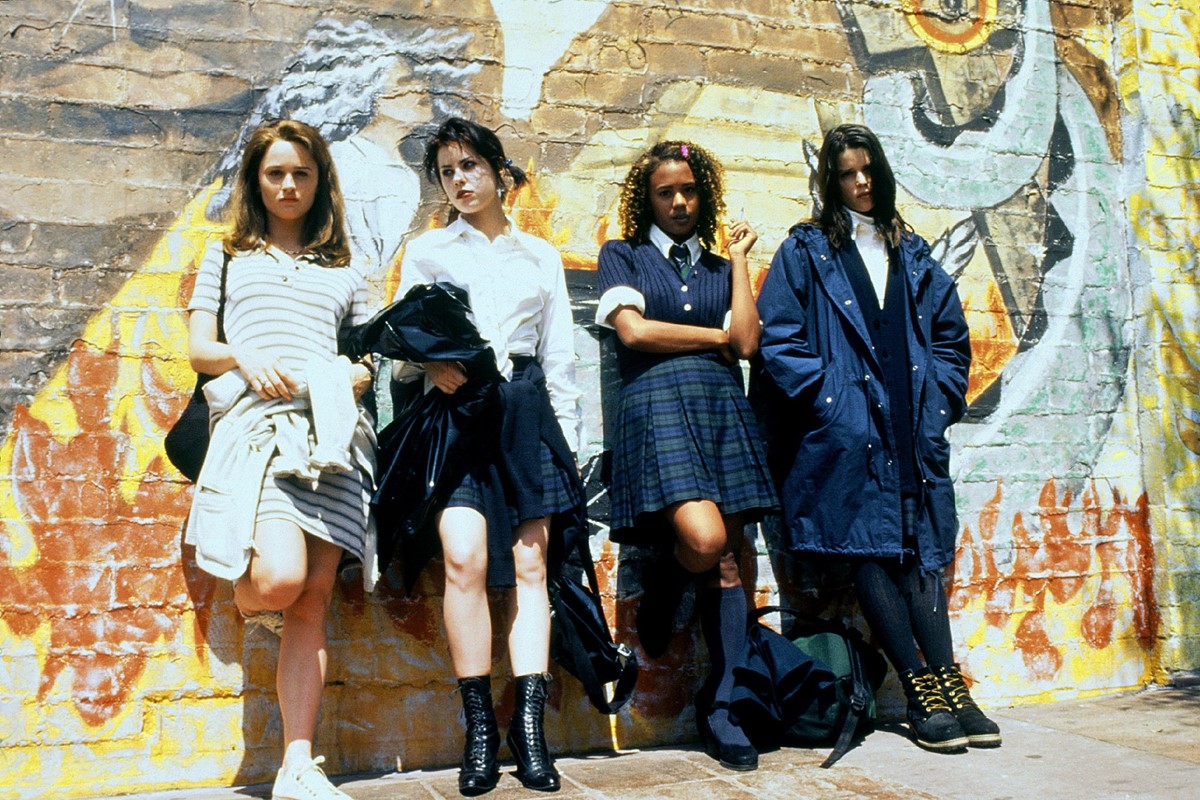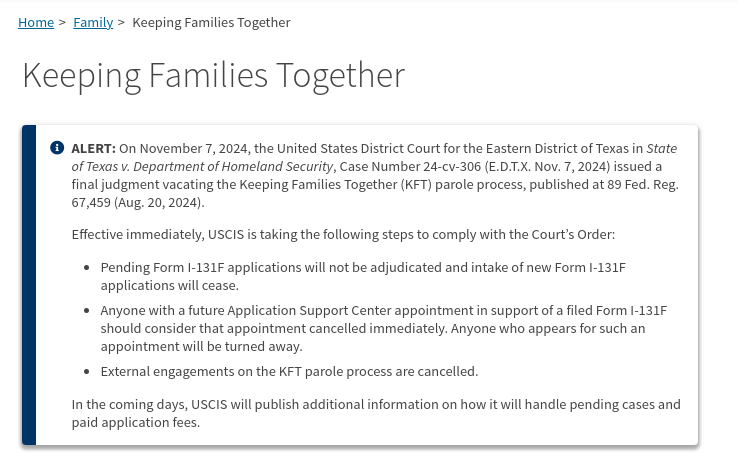High school is said to be “the best years of your life.” It is said to give you the experience that will help you navigate your way throughout both the hardships and prosperities. For many people, this time can go by as a pleasurable time with quality memories. For others, this time could be the difficult time of never-ending changes within themselves and may navigate their highschool experience with a heavy heart. Students, though young, may be able to learn a new way to handle/help with others’ experiences through empathy.
In a direct interview, counselor Jacob Wolfe regarded the impact that the malicious or non-intended malicious spread of rumors could have on students based on past experiences.
“Rumors can be a big driving factor on how peers view others, it can vastly alter how students look at others,” expressed Wolfe.
Junior Morgan Eyanson-Renken stated that he had in the past rumors spread about him in the past. He continued stating that “it made [him] feel pretty bad. [He] thought others’ opinions were important, valid, and personal.”
Furthermore, an anonymous student recalled the time that a rumor was spread about them with no one knowing who they were, as they were coming from a new school. They regarded that the rumor seemed pointless and “dumb since no one even knew [them.]”
During the interview, the topic of empathy was discussed and how it could be used as a tool for the spread of rumors and hate to decrease. Empathy is defined in two types according to “Greater Good Magazine” of Berkeley, University of California: affective and cognitive empathy. Affective empathy is described as “sensations and feelings we get in response to others emotions,” while cognitive empathy is “the ability to understand others emotions,” this can also be called “perspective taking.”
Wolfe explained that a way that the students may be able to implement empathy more into their daily lives is by getting together and/or meeting a more diverse group of students. He explained that through getting to know more people there are more perspectives that students may be able to reflect on in the presents or future.
Wolfe said that some ways in which the district has leaned on empathy and different perspective taking was the 2021 CultureAll program presented for students to engage with different cultures from around the world. He expressed that though this may not have solved all problems in viewing other people’s perspectives, that it may have opened up students to new ideas from around the globe.
Another in school experience that can be related back to the topic of empathy are the readings of English 10 students during their sophomore year. Books in the curriculum featured “To Kill a Mockingbird” by Harper Lee and “Night” by Elie Wiesel. These books show students different perspectives that deal with racism, endurance against the Holocaust and more, which can in turn lead to empathy.
Though rumors are not the only thing that can be decreased through empathy, as it can impact prejudices and more, rumors are some of the most prevalent forms of impacting students in a negative aspect. Through the teaching of empathy and students’ willingness to take a part of these learning experiences, school, work and other environments can become a safer space for everyone involved. “People can show more empathy by looking at a person as a whole, not at one thing. I show empathy by trying to understand where a person is coming from, their background, their beliefs, and respect them. One can not show empathy if they only look at one variable,” ended with Eyanson-Renken.
